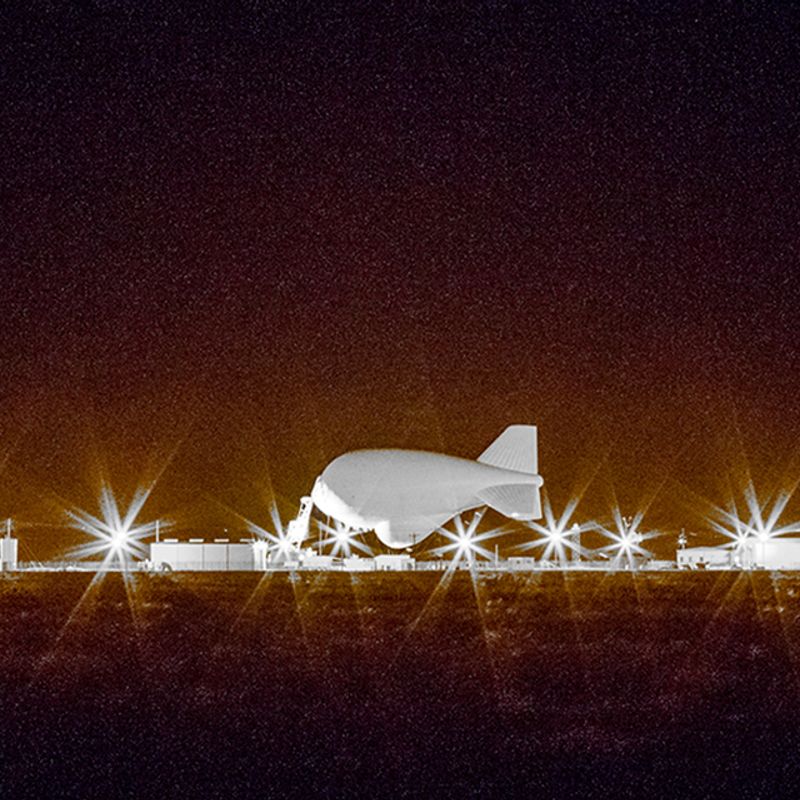Las hienas, siempre las hienas
by Pedro Shimose KawamuraBuscan tu papagayo, una chequera, algún discurso.
Exhuman tu uniforme, lo descuelgan del ropero,
fotografían tus huesos y analizan tus cenizas;
buscan un helicóptero con alambres chamuscados,
con jabalíes escondidos en tus botas, con buitres
y petunias florecidas en tus charreteras.
Registran tus mariposas, examinan tus radiografías,
hurgan tu basilisco, tu calavera y tus medallas;
revuelven tu gorra, tus calcetines, en busca de un poema,
buscan una llamarada y un paracaídas con nubes y aguaceros.
Pasan lista en los cuarteles, revisan los retretes,
registran parques zoológicos en busca de una espada,
mueven cántaros de chicha, remueven genealogías,
Dios los cría y tú los juntas, los reúnes y complotan
en congresos celestiales y conspiran,
marchan a la catedral, imprimen manifiestos contra el sueño.
No ha sido suficiente.
Las cacatúas alaban tus virtudes en violas paranoicas.
Tus queridas te recuerdan montando en nubes de amor y margaritas.
Los periódicos se suenan las narices con sus pañuelos sucios;
piden que vuelvas, ¿dónde estás portador de la paz,
regidor del orden, patriota virtuoso?
Las hienas piden al cielo que tú vuelvas del infierno;
los gorilas piden al cielo que tú vuelvas del infierno;
los cuervos piden al cielo que tú vuelvas del infierno,
pues tu muerte no ha sido suficiente.
Te buscan debajo de las liendres, en las alcobas y los supositorios.
Profanan tumbas, rompen espejos, patean puertas,
desflecan cortinas, rasgan alfombras, derriban monasterios,
hurtan tus galones, buscan tu papagayo, una chequera, algún discurso…
Hyenas, Always the Hyenas
#
translated from the Spanish by
Michelle Har Kim
They look for your parrot, a checkbook, some speech.
They dig up your uniform, snatch it out of the closet,
they photograph your bones and pore over your ashes;
in the search for a helicopter with charred-to-death wires,
hidden boars in your boots, with vultures
and petunias flowering off your epaulettes.
Taking notes on your butterflies, they examine your X-rays,
and rummage around your basilisk, the skull and your medals;
they flip around your hat, all your socks, as they hunt for a poem,
for a flare and a parachute with clouds and with squalls.
Taking roll in the barracks, they scan every latrine,
and inspect every zoo while they look for a dagger,
they shove jugs of chicha, upend genealogies,
these birds of a feather, you bring them together as they plot
at glorious conventions and conspire,
head to the cathedral, and proclaim manifestos against sleep.
It wasn’t enough.
Cockatoos sing your virtues in their paranoid violas.
Your loved ones remember you riding love-clouds and daisies.
Newspapers blow noses in their vile handkerchiefs;
they await your return, where are you harbinger of peace,
commander of order, outstanding patriot?
The hyenas pray that you come back from hell;
The gorillas pray that you come back from hell;
The ravens pray that you come back from hell,
well your death just wasn’t enough.
In bedrooms they comb for you, beneath nits and suppositories.
Defiling tombs, crushing mirrors, and kicking in doors,
they slash curtains, shred rugs, and raze monasteries,
now they pocket your stripes, and look for that parrot, a checkbook, some speech…
